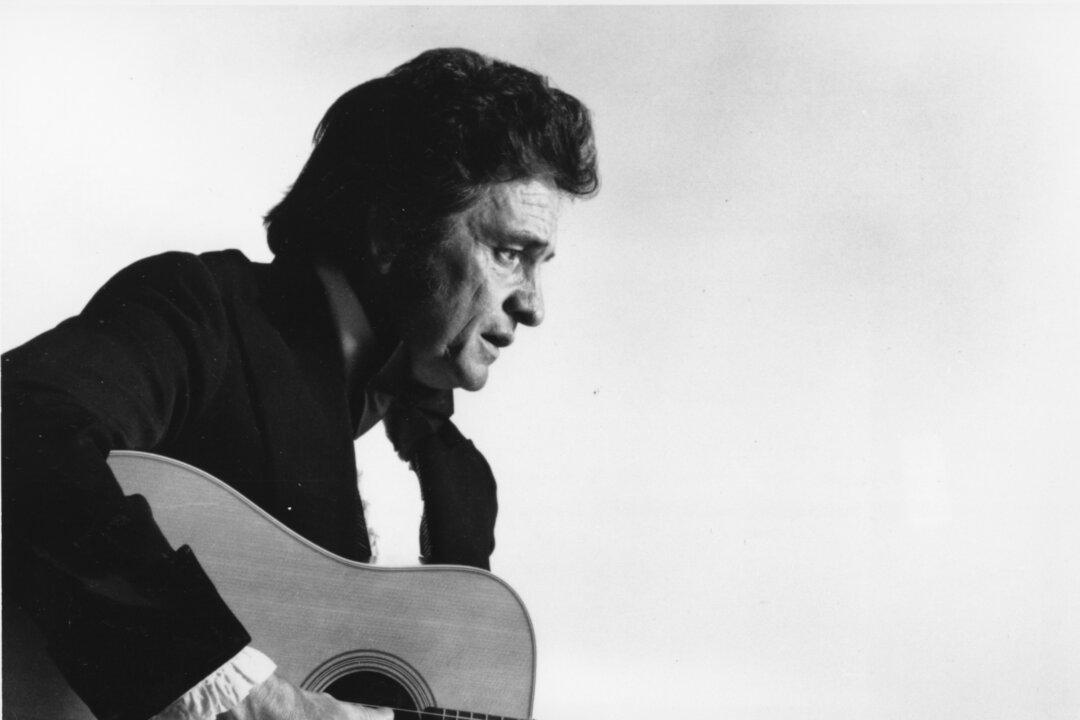The best musical biopics result when the actor feels the role so powerfully, it goes beyond mimicry and gets into what’s commonly known as “channeling.” We know the word from seances, mediums, and the Oracle of Delphi and such, but the main thing is, when it happens, it’s slightly eerie.
It’s really a live theater phenomenon. It’s when the performance is so dead-on good, the hair stands up on the back of your neck because all traces of the actor completely disappear, and the historical character being played appears to reincarnate before your eyes onstage. The atmosphere during such channeling feels electrically charged; you can hear the proverbial pin drop.
In the movies, because of all the electronic and technical manipulation and the fact that there’s no living, breathing being onstage whose every move and breath is finely tuned and synced with the mood and breathing patterns of the audience—channeling translates less powerfully.
Still, there’s a bit of it going on in the excellent biopic “Straight Outta Compton,” with O‘Shea Jackson Jr. playing O’Shea Sr. (aka Ice Cube). Of course, in this case, the physical genetic replication might have a little to do with it.
Top Ten
The following is a list of musical biopics, from worst to best (worst being a relative term, these are all top-notch performances) where we believe some channeling was happening.





